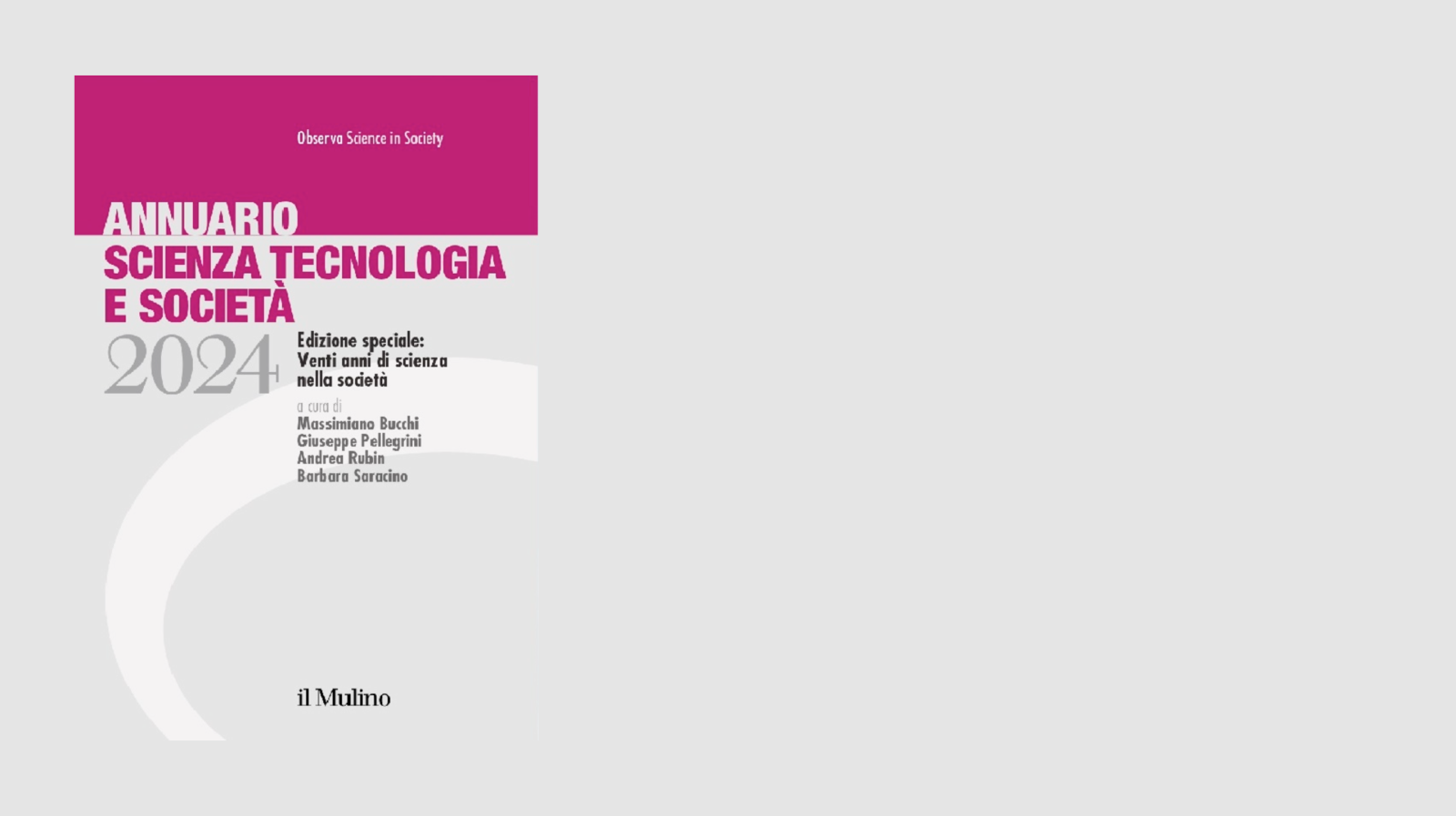Pregnant women who were given H1N1 influenza vaccine in 2009 were less likely to face adverse fetal outcomes such as preterm birth. Also, they gave birth to heavier infants. These are the conclusions of a study published on Clinical Infectious Diseases, coordinated by Dr. Saad Omer, of the Rollins School of Public Health at Emory University, Atlanta. He and his colleagues conducted a retrospective cohort study of live births during the period of 2009 influenza A (H1N1) virus circulation, finding that infants of vaccinated mothers had 37% lower probability of being born preterm than infants of unvaccinated mothers. As for the birth weight difference, infants of vaccinated mothers weighed 45.1 grams more than those with unvaccinated mothers.
Vaccines and pregnancy
Primary tabs
Autori:
Sezioni:
Dossier:
H1N1 influenza
prossimo articolo
How far has scientific culture come in Italy in the last twenty years?
di Luca Carra

It will be presented on March 18 the 20th edition of the Science Technology and Society Yearbook by Observa, which gathers twenty years of data to provide an overview of the most significant dynamics and trends in the relationships between science, technology, and society. Here is our review of the report.
Often when the Italian speaker discusses any topic, they express their opinions. The Anglo-Saxon speaker, on the other hand, often starts by presenting data, and then, if really necessary, offers their opinion.
